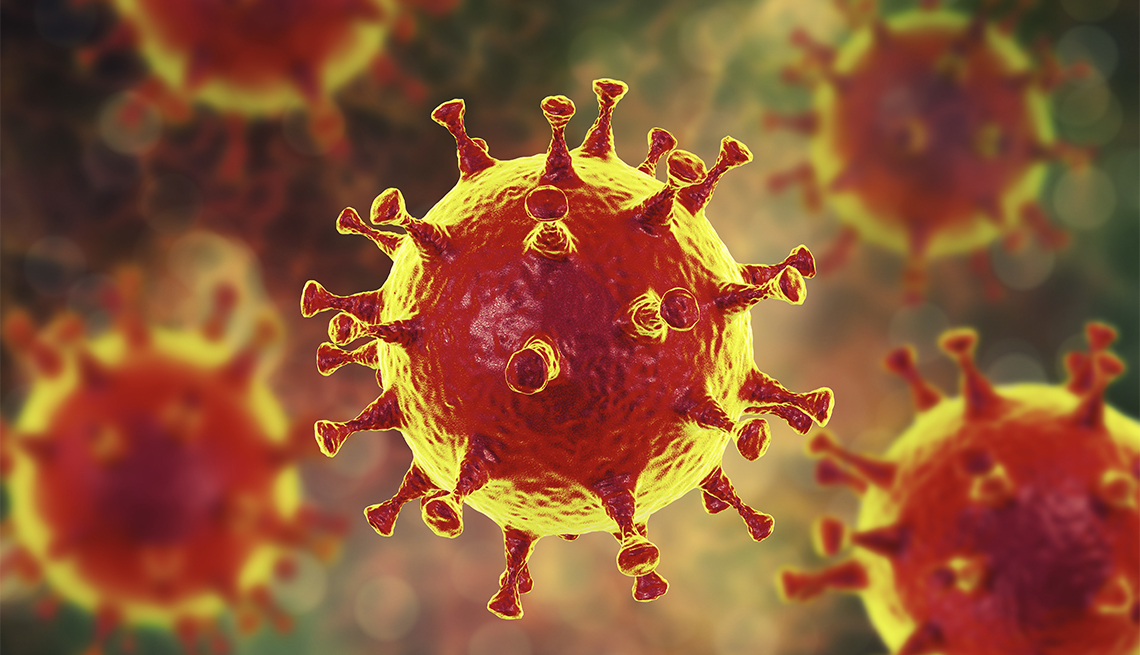Omicron is a variant of Covid-19 first traced in South Africa with cases now present in over 20 countries and on all continents. A week ago, the World Health Organization has named it ‘Omicron’ and it will take time to understand its impact on the pandemic.
The World Health Organisation has designated the name of new Covid Strain B.1.1.529 that was first detected from South Africa this week as a variant of concern, names it ‘Omicron’. This is a variant of concern that is WHO’s top category of worrying Covid variants.
The WHO said the Technical Advisory Group on SARS-CoV-2 Virus Evolution (TAG-VE), an independent group of experts that periodically monitors and evaluates the evolution of SARS-CoV-2 and assesses if specific mutations and combinations of mutations change the behaviour of the virus, assembled on Friday to assess the B.1.1.529 variant, first reported to the world health body from South Africa on November 24.
“The new #COVID19 virus variant – Omicron – has a large number of mutations, some of which are concerning. This is why we need to speed up our efforts to deliver on #VaccinEquity ASAP and protect the most vulnerable everywhere,” WHO Director-General Tedros Adhanom Ghebreyesus tweeted.
The new #COVID19 virus variant – Omicron – has a large number of mutations, some of which are concerning. This is why we need to speed up our efforts to deliver on #VaccinEquity ASAP and protect the most vulnerable everywhere. https://t.co/b9QBMJXtJl
— Tedros Adhanom Ghebreyesus (@DrTedros) November 26, 2021
Meanwhile, AIIMS Director Dr Randeep Guelria told PTI, “The new variant of coronavirus reportedly has got more than 30 mutations at the spike protein region and therefore has the potential of developing immunoescape mechanisms. As most vaccines (work by) forming antibodies against the spike protein, so many mutations at the spike protein region may lead to a decreased efficacy of COVID-19 vaccines.”
In an exclusive interaction with Dr Manoj Sharma, Senior Consultant, Internal Medicine at Fortis Hospital, Vasant Kunj we tried to understand this new variant and why it poses a high risk to the world.
“We have witnessed several variants of COVID-19 so far, these variants have two categories, one is variant of interest and the other is variant of concern hence there are many scientific questions related to the variants because this variant’s spike protein mutation is around 30 which is a huge number so in terms of spread this can spread too fast but about its lethality, we aren’t sure about it currently. So I would suggest that we should not panic so much about this at current but we on our part must make sure that we are taking all the preventive measures properly even if we are vaccinated,” he said.
Watch Full Video Here:











